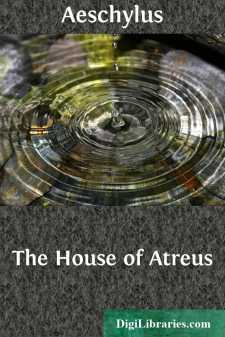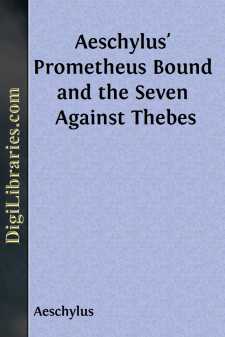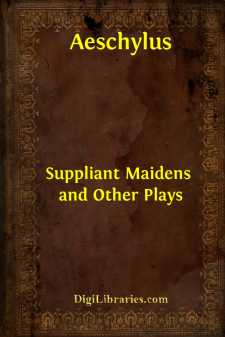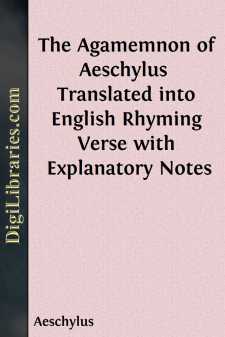Categories
- Antiques & Collectibles 13
- Architecture 36
- Art 48
- Bibles 22
- Biography & Autobiography 815
- Body, Mind & Spirit 144
- Business & Economics 28
- Children's Books 18
- Children's Fiction 14
- Computers 4
- Cooking 94
- Crafts & Hobbies 4
- Drama 346
- Education 58
- Family & Relationships 59
- Fiction 11829
- Games 19
- Gardening 17
- Health & Fitness 34
- History 1378
- House & Home 1
- Humor 147
- Juvenile Fiction 1873
- Juvenile Nonfiction 202
- Language Arts & Disciplines 89
- Law 16
- Literary Collections 686
- Literary Criticism 179
- Mathematics 13
- Medical 41
- Music 40
- Nature 179
- Non-Classifiable 1768
- Performing Arts 7
- Periodicals 1453
- Philosophy 65
- Photography 2
- Poetry 896
- Political Science 203
- Psychology 44
- Reference 154
- Religion 515
- Science 126
- Self-Help 85
- Social Science 82
- Sports & Recreation 34
- Study Aids 3
- Technology & Engineering 59
- Transportation 23
- Travel 463
- True Crime 29
Our website is made possible by displaying online advertisements to our visitors.
Please consider supporting us by disabling your ad blocker.
The House of Atreus
by: Aeschylus
Description:
Excerpt
_INTRODUCTORY NOTE
Of the life of Aeschylus, the first of the three great masters of Greek tragedy, only a very meager outline has come down to us. He was born at Eleusis, near Athens, B. C. 525, the son of Euphorion. Before he was twenty-five he began to compete for the tragic prize, but did not win a victory for twelve years. He spent two periods of years in Sicily, where he died in 456, killed, it is said, by a tortoise which an eagle dropped on his head. Though a professional writer, he did his share of fighting for his country, and is reported to have taken part in the battles of Marathon, Salamis, and Plataea.
Of the seventy or eighty plays which he is said to have written, only seven survive: "The Persians," dealing with the defeat of Xerxes at Salamis; "The Seven against Thebes," part of a tetralogy on the legend of Thebes; "The Suppliants," on the daughters of Danaüs; "Prometheus Bound," part of a trilogy, of which the first part was probably "Prometheus, the Fire-bringer," and the last, "Prometheus Unbound"; and the "Oresteia," the only example of a complete Greek tragic trilogy which has come down to us, consisting of "Agamemnon," "Choephorae" (The Libation-Bearers), and the "Eumenides" (Furies).
The importance of Aeschylus in the development of the drama is immense. Before him tragedy had consisted of the chorus and one actor; and by introducing a second actor, expanding the dramatic dialogue thus made possible, and reducing the lyrical parts, he practically created Greek tragedy as we understand it. Like other writers of his time, he acted in his own plays, and trained the chorus in their dances and songs; and he did much to give impressiveness to the performances by his development of the accessories of scene and costume on the stage. Of the four plays here reproduced, "Prometheus Bound" holds an exceptional place in the literature of the world. (As conceived by Aeschylus, Prometheus is the champion of man against the oppression of Zeus; and the argument of the drama has a certain correspondence to the problem of the Book of Job.) The Oresteian trilogy on "The House of Atreus" is one of the supreme productions of all literature. It deals with the two great themes of the retribution of crime and the inheritance of evil; and here again a parallel may be found between the assertions of the justice of God by Aeschylus and by the Hebrew prophet Ezekiel. Both contend against the popular idea that the fathers have eaten sour grapes and the children's teeth are set on edge; both maintain that the soul that sinneth, it shall die. The nobility of thought and the majesty of style with which these ideas are set forth give this triple drama its place at the head of the literary masterpieces of the antique world._
* * * * *
THE HOUSE OF ATREUS
BEING
THE AGAMEMNON, THE LIBATION-BEARERS, AND THE FURIES OF AESCHYLUS
AGAMEMNON
DRAMATIS PERSONAE
A WATCHMAN A HERALD CHORUS AGAMEMNON AEGISTHUS CLYTEMNESTRA CASSANDRA
The Scene is the Palace of Atreus at Mycenae. In front of the Palace stand statues of the gods, and altars prepared for sacrifices....





